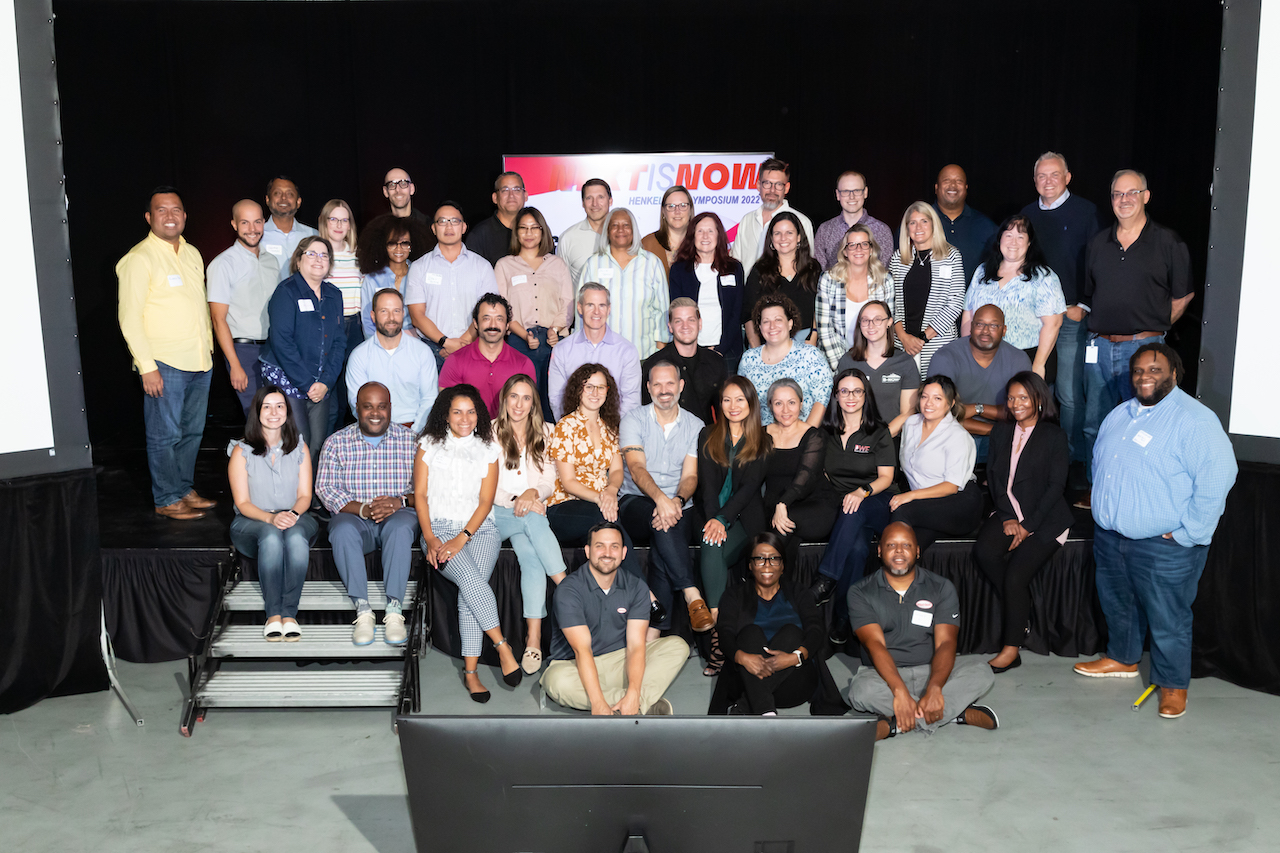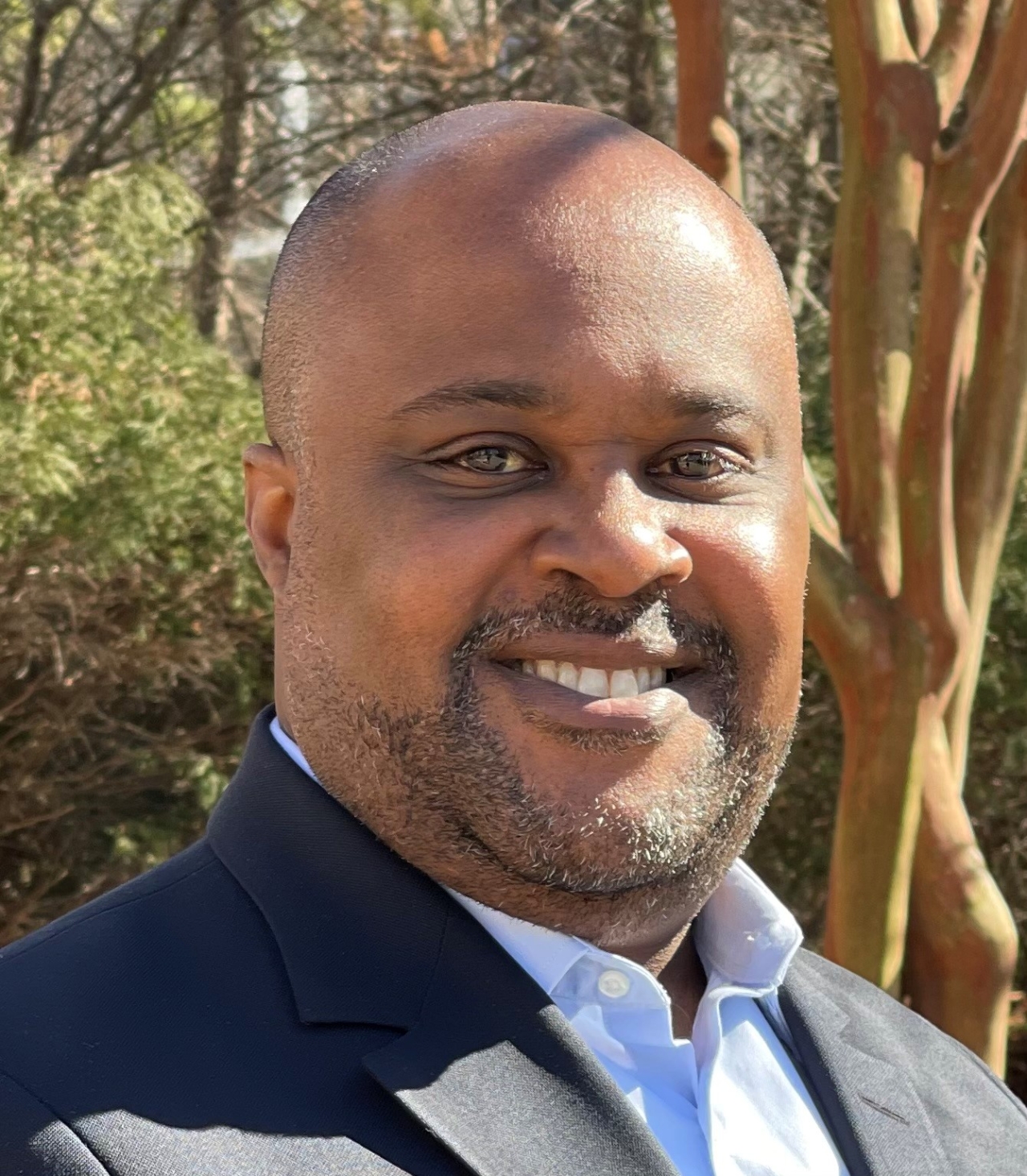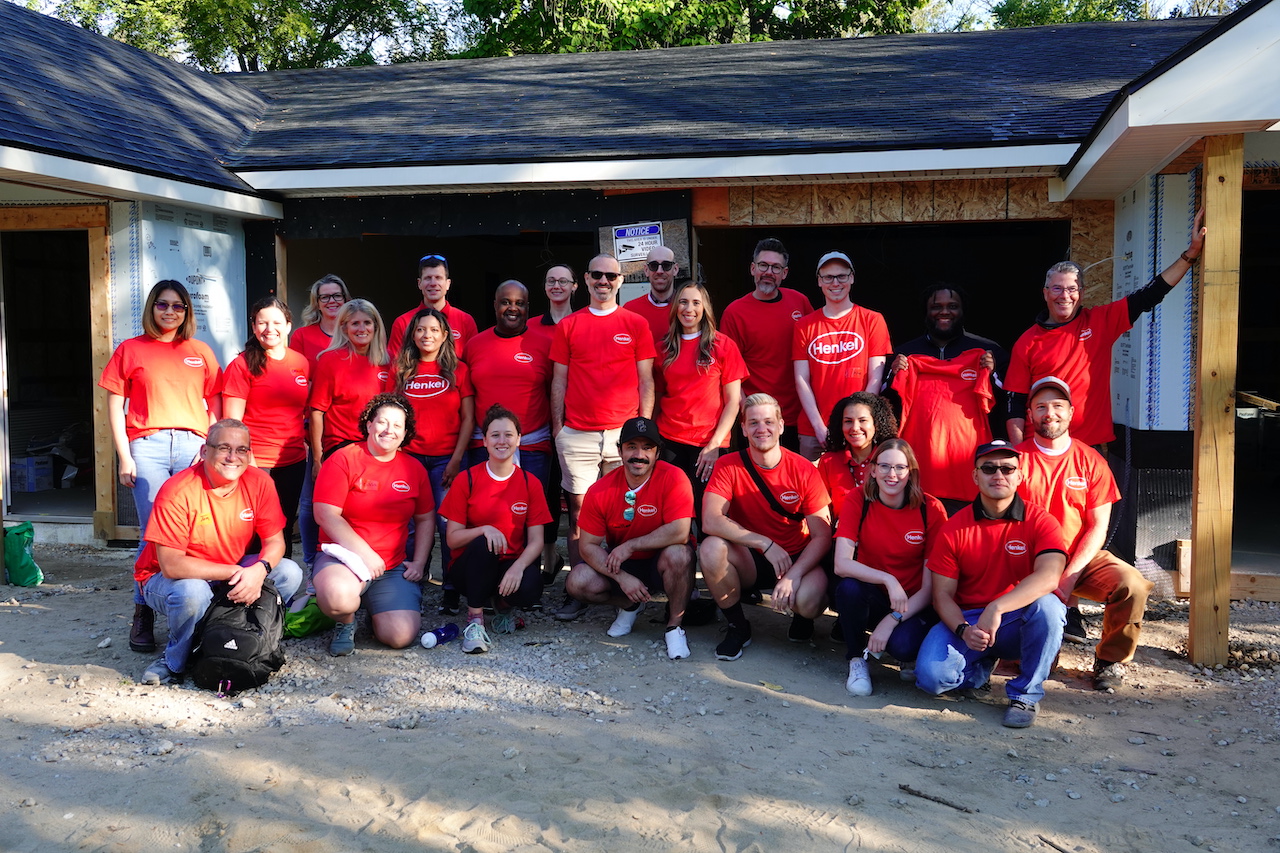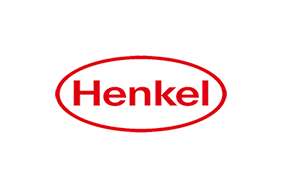Employee Resource Groups: Henkel's Grassroots Changemakers
More and more organizations are seeing the value of Employee Resource Groups (ERGs). ERGs can offer tangible opportunities for education, community and allyship for groups that still struggle to see their voices represented.
Published 10-20-22
Submitted by Henkel

Viewpoint: Clayton Sinclair III, Director, Diversity, Equity & Inclusion, Henkel North America
Advancing Diversity, Equity & Inclusion (DEI) requires creating a culture that values and elevates different viewpoints and perspectives. Employee Resource Groups, or ERGs, are one of the most engaging and important ways for companies to do this. Corporate culture is ever-changing, and ERGs form a foundation of culture change at a grassroots level. I have personally been involved in ERGs throughout my career – both as a member and an ally – and understand the platform they provide for voices that aren’t always heard.

Although ERGs began as employee-run advocacy groups during the Civil Rights movement, their role has evolved today into a mutually beneficial relationship and business imperative for companies. More and more organizations are seeing the value of ERGs. Today, 90% of Fortune 500 companies have ERGs and three quarters of companies say that they also help with retention according to a study by salesforce.org and the Association of Corporate Citizenship Professionals. However, companies should keep those roots in mind as they action DEI commitments into real change. ERGs can offer tangible opportunities for education, community and allyship for groups that still struggle to see their voices represented.
At the end of the day, representation matters and impacts our ability to attract and retain top talent. It matters that employees see people who are similar to them and share some of the same experiences. ERGs help with both representation in higher levels of the business and the establishment of safe spaces for people to connect over shared experiences, creating that sense of belonging that organizations should be striving for.

At Henkel, over 1,000 employees participate in our 17 ERGs. We are proud to have ERGs representing multiple cultures and areas of interest. Affinity groups include women’s leadership, emerging leaders, veterans/military, LBGTQ+, Latino/Hispanic, Black/African American, and more. Our groups are passionate and active at Henkel and in the community providing invaluable experiences to explore different points of view and help each other to thrive.
For example, the Unidos ERG hosted a webinar during Hispanic Heritage month on inclusive leadership with Dr. Stephanie Johnson, author of the book Inclusify. And I was grateful to join ERG representatives from across North America for a day of service with Habitat for Humanity in Detroit, MI as part of our company event to recognize the work of the ERGs and plan together for expansion.
Beyond helping us shape our culture, ERGs help us improve our business. Our ERGs collaborated with the DEI Council to influence the creation of a Beauty Marketing Guide that promotes inclusive and accessible practices across our beauty brands. It’s another example of the value these groups can bring to a company and there are many more.
Moving forward, I hope ERGs can continue to evolve from their roots and foster an inclusive community and celebrate the intersectional opportunities for allyship. It’s important for employees, business and society.

Henkel
Henkel
About Henkel in North America
Henkel’s portfolio of well-known brands in North America includes Dial® soaps, Persil® and all® laundry detergents, Snuggle® fabric softeners, Schwarzkopf® hair care, as well as Loctite®, OSI®, Technomelt® and Bonderite® adhesives. With sales close to 6.6 billion US dollars (6 billion euros) in 2023, North America accounts for 28 percent of the company’s global sales. Henkel employs around 8,000 people across the U.S., Canada and Puerto Rico. For more information, please visit http://www.henkel-northamerica.com and on X (Twitter) @Henkel_NA.
About Henkel
With its brands, innovations and technologies, Henkel holds leading market positions worldwide in the industrial and consumer businesses. The business unit Adhesive Technologies is the global leader in the market for adhesives, sealants and functional coatings. With Consumer Brands, the company holds leading positions especially in laundry & home care and hair in many markets and categories around the world. The company's three strongest brands are Loctite, Persil and Schwarzkopf. In fiscal 2023, Henkel reported sales of more than 21.5 billion euros and adjusted operating profit of around 2.6 billion euros. Henkel’s preferred shares are listed in the German stock index DAX. Sustainability has a long tradition at Henkel, and the company has a clear sustainability strategy with specific targets. Henkel was founded in 1876 and today employs a diverse team of about 48,000 people worldwide – united by a strong corporate culture, shared values and a common purpose: "Pioneers at heart for the good of generations.” More information at www.henkel.com.
More from Henkel

